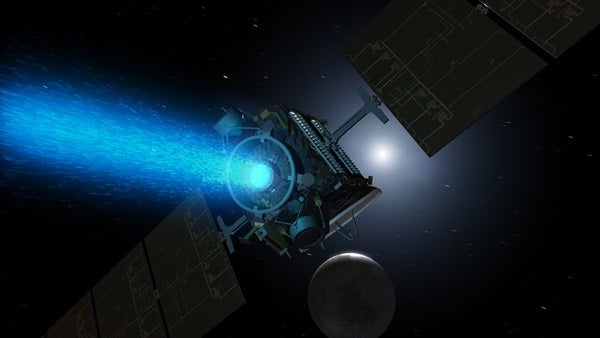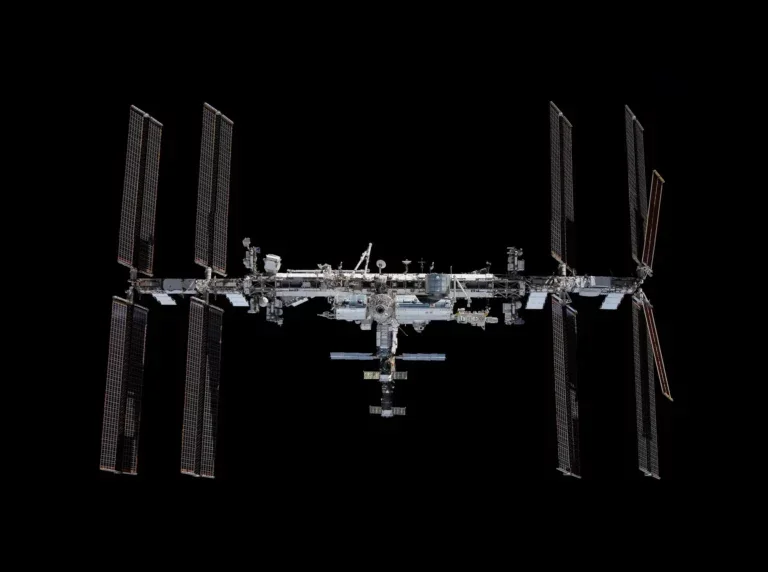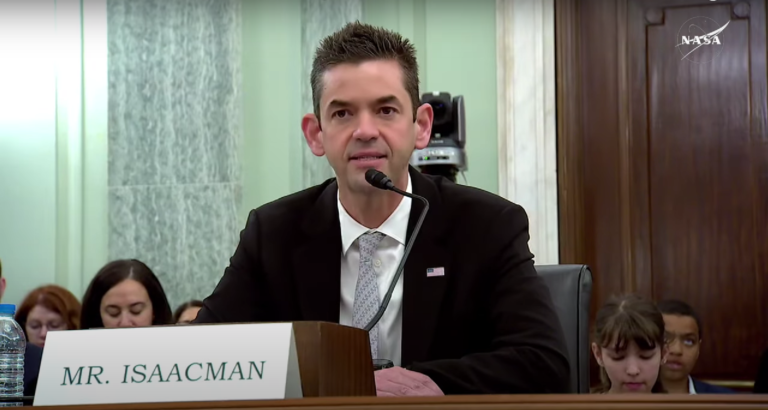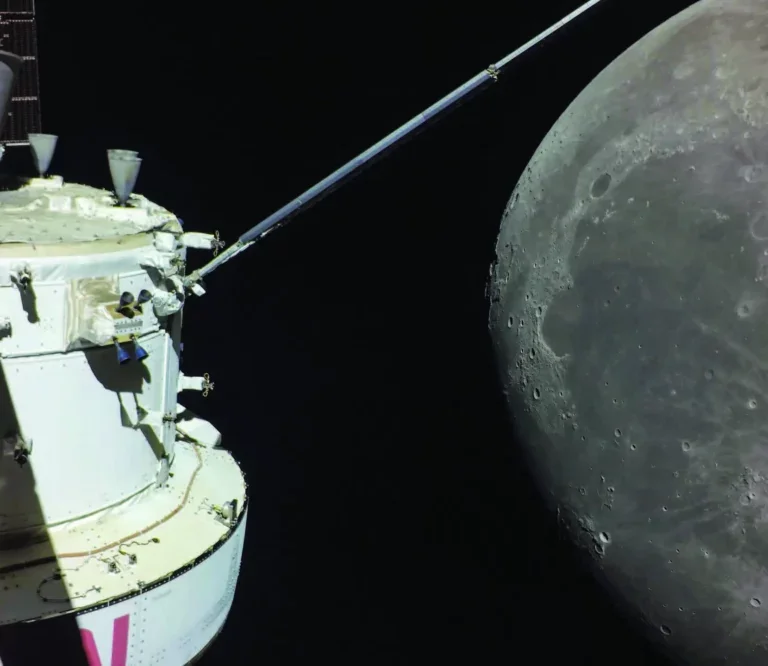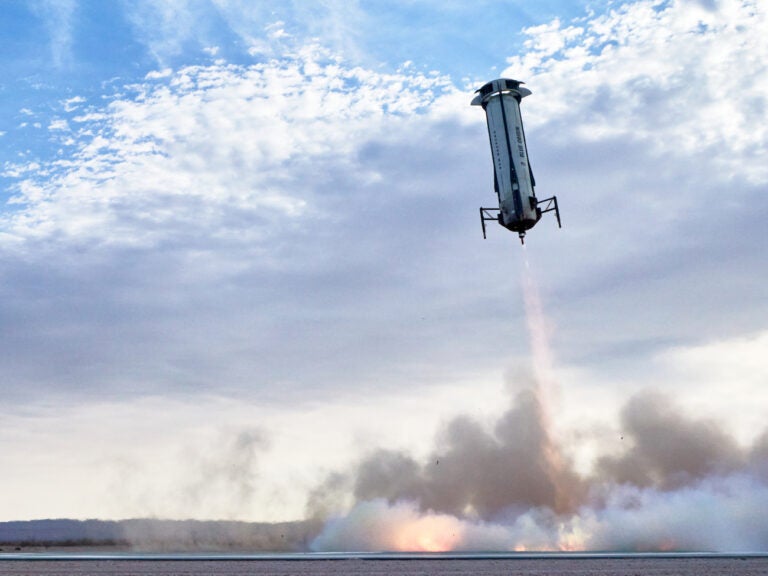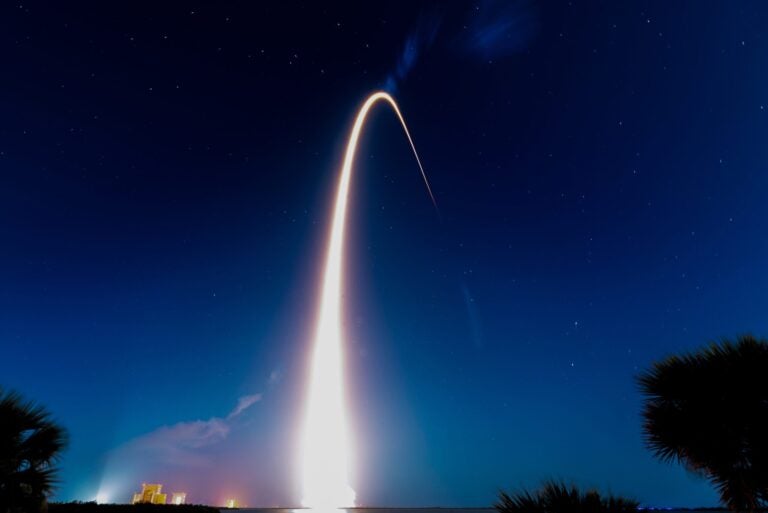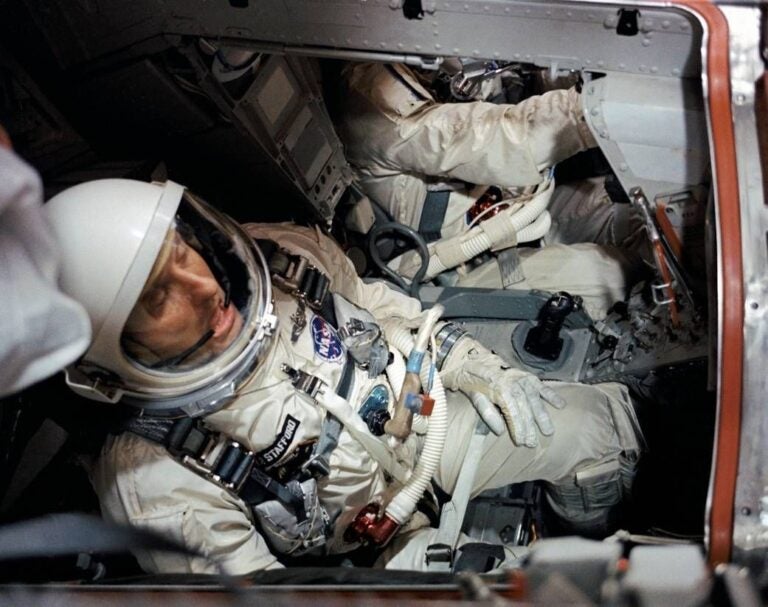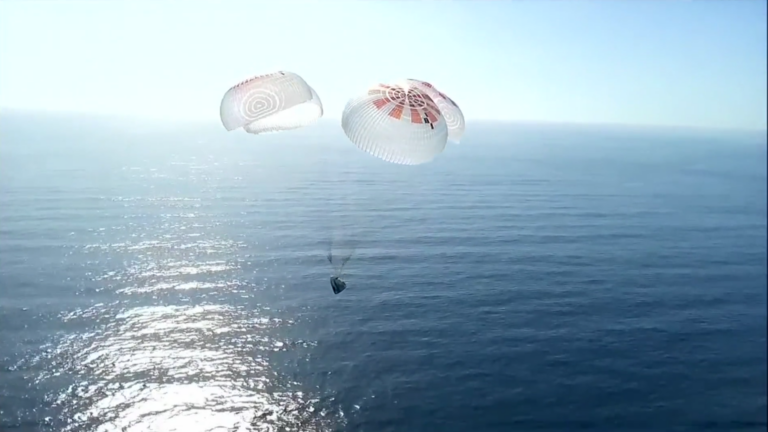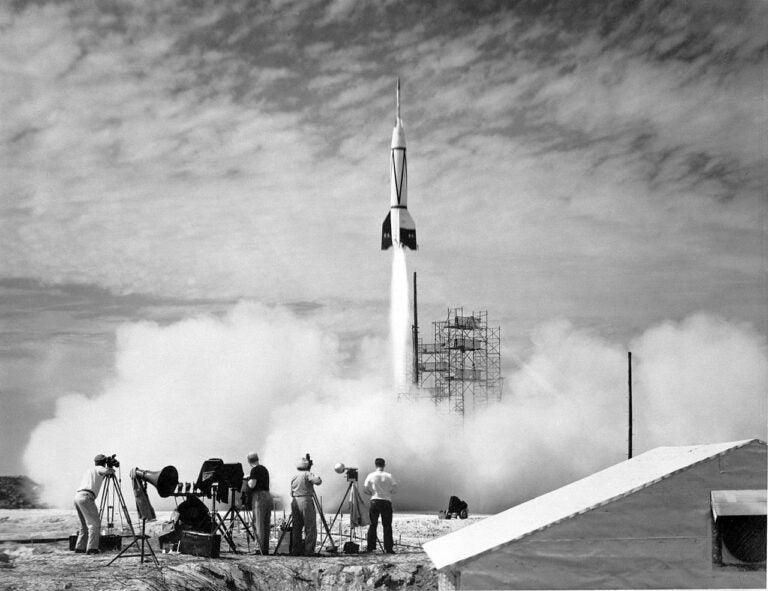For two record-breaking spacecrafts, the journey isn’t over. In fact, they’ve just begun.
New Horizons made history on July 14th, 2015 as it made its closest approach to Pluto, becoming the first spacecraft to explore the dwarf planet. The Dawn spacecraft was the first to orbit two celestial bodies, protoplanets Vesta and Ceres in the asteroid belt, while also being the first to visit a dwarf planet on March 6th, 2015 when it began its encounter with Ceres.
Both of these spacecrafts have been triumphant in their discoveries already to date, but now NASA has granted both an extension in their explorations. NASA has declared that both New Horizons and Dawn will be granted mission extensions to continue their analysis of more celestial bodies in the solar system.
As New Horizons is far out in the depths of the solar system past Pluto, NASA has given it the green light to go ahead and fly deeper into the Kuiper Belt for a closer look at the Kuiper Belt Object (KBO) known as 2014 MU69. New Horizons will rendevous with the KBO on January 1st, 2019.
Dawn’s next destination was to be the main belt asteroid Adeona, but as Ceres is approaching perihelion, NASA believes it may be of more scientific value to continue to monitor Ceres than do a flyby of Adeona.
Many other NASA spacecraft may be receiving additional mission extensions, such as the Mars Reconnaissance Orbiter (MRO), the Opportunity and Curiosity Mars rovers, and the Lunar Reconnaissance Orbiter (LRO), but New Horizons and Dawn are the only confirmations at this time, possibly because of rumors swirling about the fate of Dawn. Both spacecraft have made tremendous discoveries in the field of dwarf planet studies and now they get to continue their own legacy.

